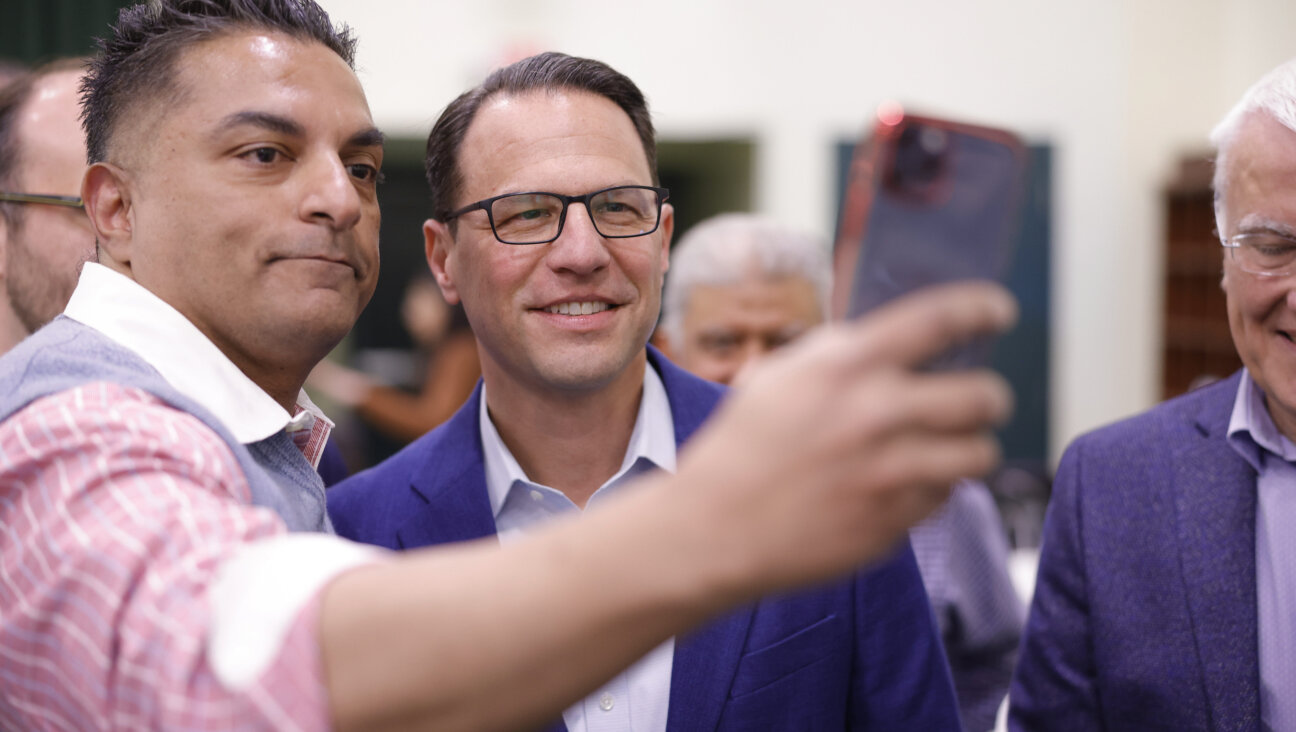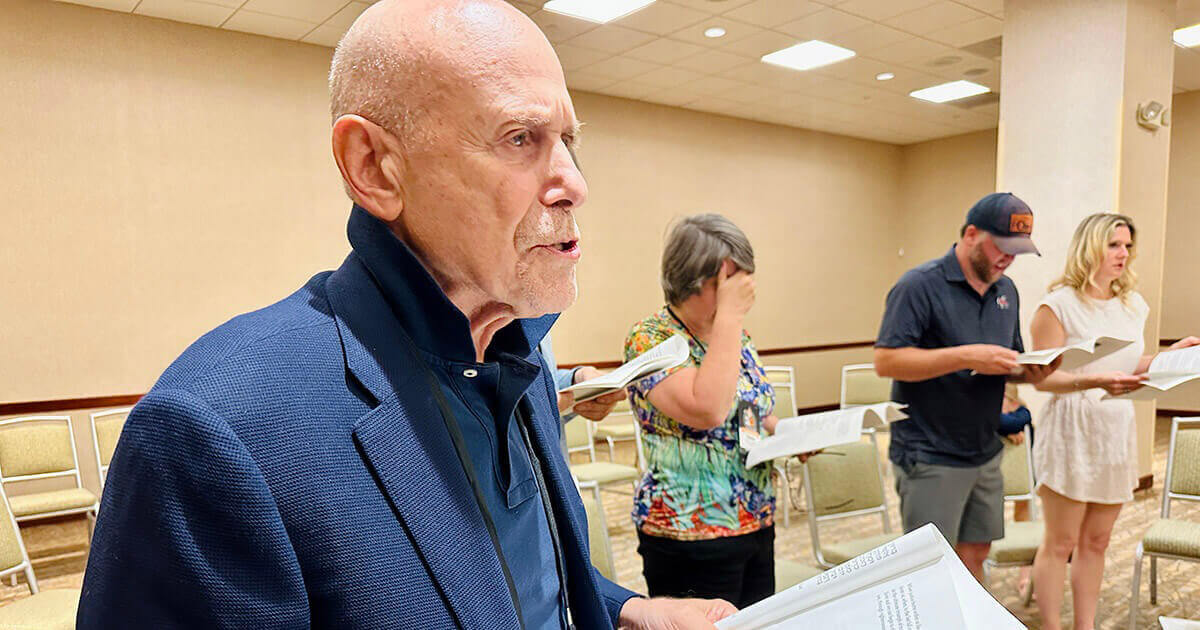The Benefits of Insurance
Last year, the number of people in the United States without health insurance hit a record-breaking level of 45 million, according to the Census Bureau. Actually, there was a time when no one in the U.S. enjoyed the benefits of “third-party medicine,” the “third party” being an agency that was neither the patient nor the doctor, but a third party that picked up the tab. The very fact that millions of Americans without such a service makes headlines tells us much about how expectations have risen throughout the years in a time marked by Medicare, Medicaid, and company or joint union-company health care plans. So, how did third-party medicine get started in the first place in the United States?
It is generally a neglected chapter in the contribution of American Jews to the evolution of the American social order. The date is 1910, when 60,000 cloak makers — members of the International Ladies Garment Workers — went out on strike to win union recognition. The employers were German Jews. The workers were Ashkenazic Jews. The employers could not imagine bargaining with those slobs (slavs) on an equal footing.
Then one day, the employer association got a call from A. Lincoln Filene, head of the famous Filene’s Department Store of Boston. He informed the head of the employer association that if the employers did not reach an agreement with the union, Filene’s would find suppliers in other parts of the country. The association was shaken. They replied that they would gladly settle with the union, but they did not know how to do it. Filene said he would send them a lawyer who would show them how. His name was Louis Brandeis.
Brandeis intervened. This famous Jewish lawyer, later to be the first Jew on the United States Supreme Court, had a philosophy. He said that it was about time the union and the employers stopped their constant warfare and joined hands to work together for the common good. His proposal, known as the Protocol of Peace, was adopted. It called for the establishment of an impartial industry judge who would settle disputes — without strikes or lockouts.
Among the other matters they addressed was the healthcare of workers who were haunted by the “plague,” tuberculosis brought on by the disease-ridden ambience in the sweatshop. Out of that concern came the Joint Board of Sanitary Control, followed by the establishment of the very first “third-party” medical facility in the United Stayes; namely, the Union Health Center where union members could be treated without any charge. Other centers were established in other cities where the union had members.
In 1964, the United States Congress struck a medal to honor the union for its pioneering work. When commemorative services were conducted in New York City on the 50th anniversary of the Union Health Center in New York, President Lyndon Johnson came to say: “I have come here today to salute the vision and valor of men who founded your union and built this center.”
When I finished writing my book on the history of the ILGWU (Look for the Union Label,) my curiosity was piqued by the role of the Filenes in this fascinating drama. Who and what were they to intervene on behalf of the union? I found out that A. Lincoln Filene was Abraham Lincoln Filene. What kind of a person was his father to name his child after Abraham Lincoln? It took much searching but I finally found the answer. Old man Filene’s original name was Katz. To avoid any loss of customers who might be turned off by a Jewish name, he changed his name from Katz to the same French version of Katz; namely, feline. But if he left it there it would be a giveaway that he really was Katz, So he twisted “feline” into “filene.”
All of which strongly suggests that, whether by accident or Divine design, the concept of third-party medicine in the United States sprang from der yidish kup.
A message from our editor-in-chief Jodi Rudoren

We're building on 127 years of independent journalism to help you develop deeper connections to what it means to be Jewish today.
With so much at stake for the Jewish people right now — war, rising antisemitism, a high-stakes U.S. presidential election — American Jews depend on the Forward's perspective, integrity and courage.
— Jodi Rudoren, Editor-in-Chief






















